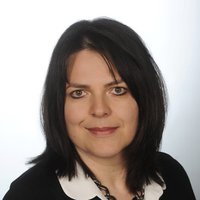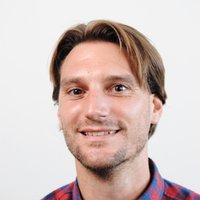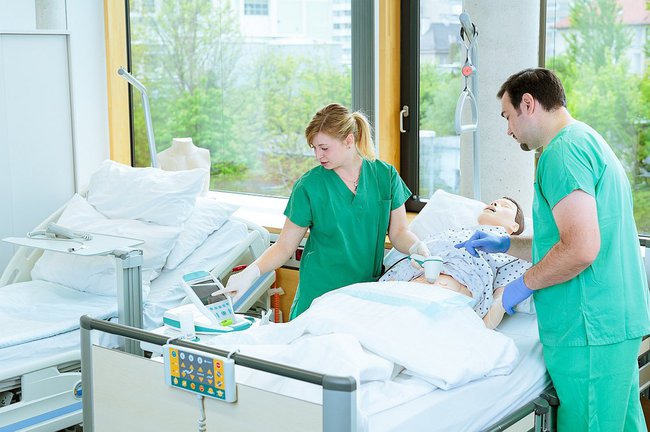New Research Cooperation in Healthcare
SIM Campus Eisenerz and St. Pölten UAS Start Research Collaboration
At the beginning of this year, the “SIM CAMPUS – Zentrum für Notfall-, Krisen- und Katastrophensimulation und Katastrophendiplomatie GmbH“ in Eisenerz and the bachelor degree programme Healthcare and NursingPLUS of the St. Pölten UAS entered into a research cooperation.
The purpose is to strengthen research and teaching in the healthcare sector and in emergency care.
Research and Training at the Simulation Hospital
Located in Eisenerz in the province of Styria, the SIM CAMPUS is the biggest training and research centre in the healthcare and safety sector in Europe. At the heart of the institution is the simulation hospital, the training centre’s hub in terms of emergency, crisis and disaster management.
“The centre offers the opportunity to train all kinds of conceivable scenarios with actors as patients, with simulation objects or virtual and augmented reality”, explains Benjamin Roszipal, head of the Institute of Emergency, Crisis and Disaster Simulation at the SIM CAMPUS and a graduate of the St. Pölten UAS’ degree programme Healthcare and Nursing.
The core element of the new research cooperation is the future collaboration of the two institutions in national and international research projects with a focus on simulation-based teaching in healthcare. In their first joint project, students, teachers, researchers, and field experts address the possibilities and limitations of virtual reality-based teaching concepts in the healthcare and safety sector.
Cooperation in Teaching
So far, a two-day simulation training at the SIM CAMPUS has already been part of the academic further education programme Preclinical Treatment and Care, which is offered within the framework of the Healthcare and Nursing programme at the St. Pölten UAS. The idea is to apply theoretical knowledge to practical training and experience a special kind of transfer between theory and practice.
Full process simulation, a concept with particularly strong relevance for professional reality, allows the students to train the entire rescue chain from first contact by the emergency service through outpatient care to maximum treatment in intensive care.
“The bachelor degree programme Healthcare and Nursing and the academic further education programme Preclinical Treatment and Care offered within this framework use virtual and simulation-based technologies as didactic concepts which complement theoretical and practical contents. The outcome is a first-class education in the nursing and emergency sector. Our new research collaboration serves to reinforce this approach”, says Manuel Schwanda, deputy Academic Director of the study programme Healthcare and NursingPLUS at the St. Pölten UAS.
Simulation-based learning makes it possible to train in a realistic setting without running into ethical problems associated with patient care. “In this way, students can acquire and train essential practical and theoretical skills in a safe, risk-free and, even more importantly, challenging learning environment. The idea of the combination of theory, practice and simulation is to equip the students with the competencies for action so that they can apply them with confidence in real demanding situations”, adds Academic Director Petra Ganaus.

FH-Prof. Mag. Petra Ganaus , MSc
Academic Director Healthcare and Nursing (BA) Department of Health Sciences
